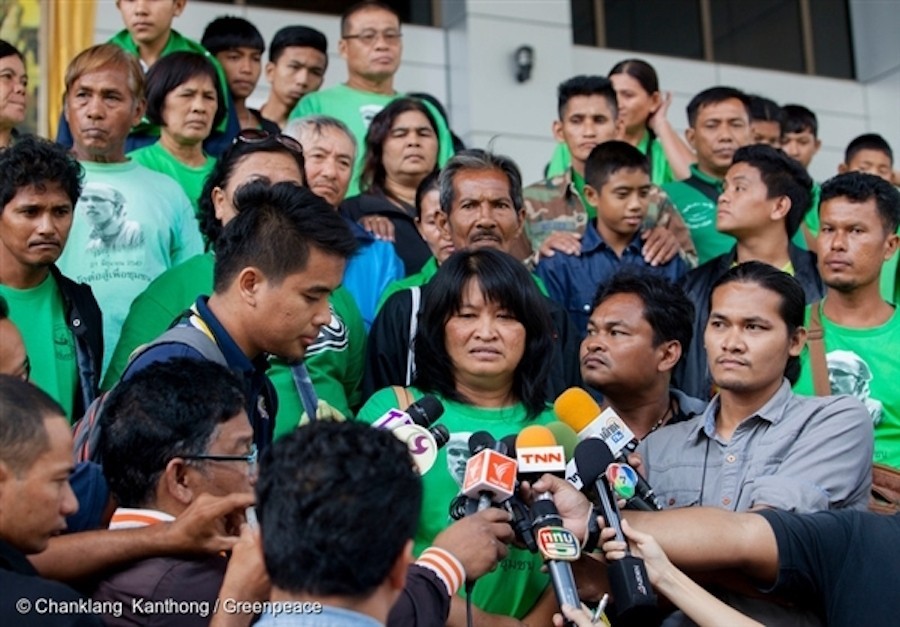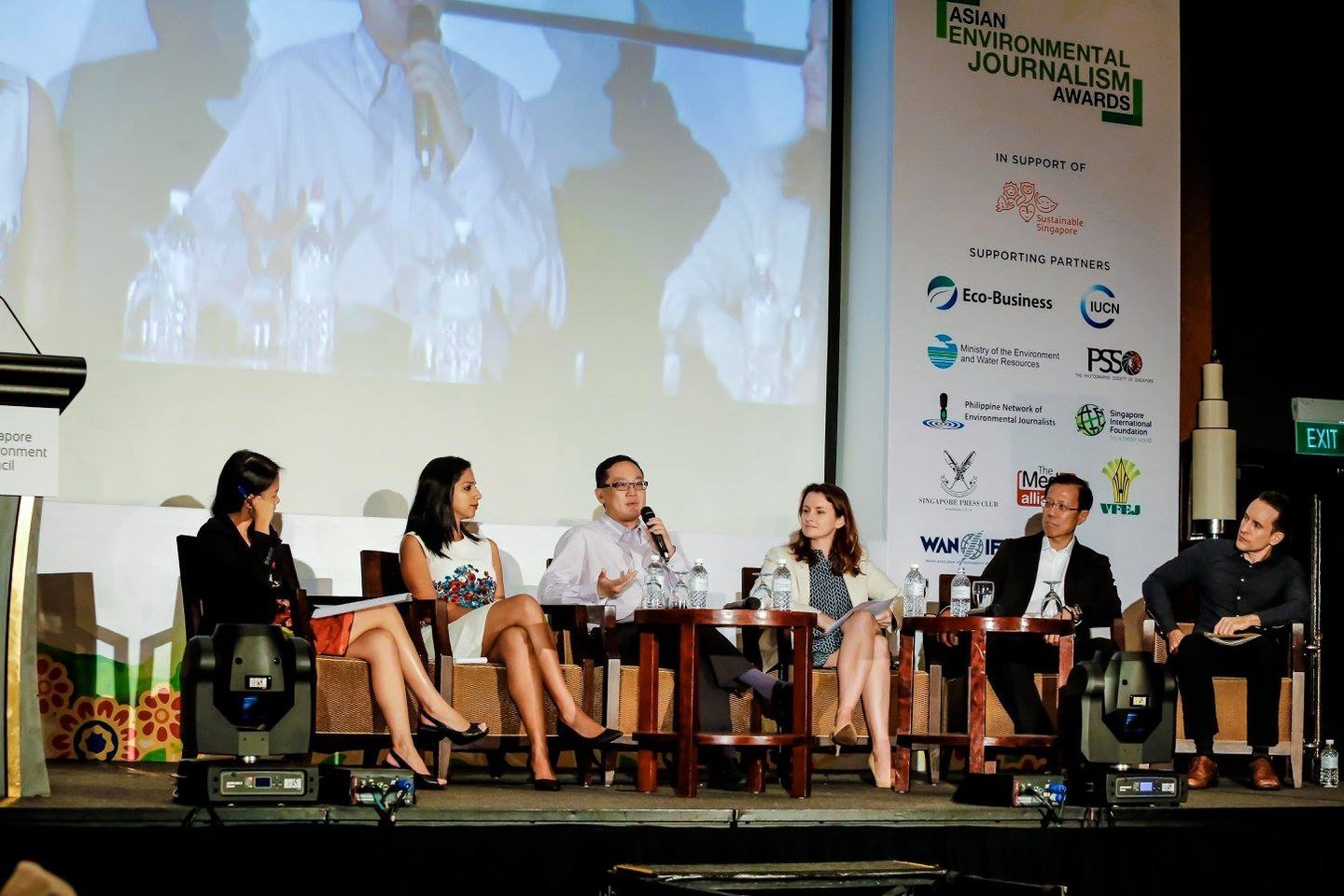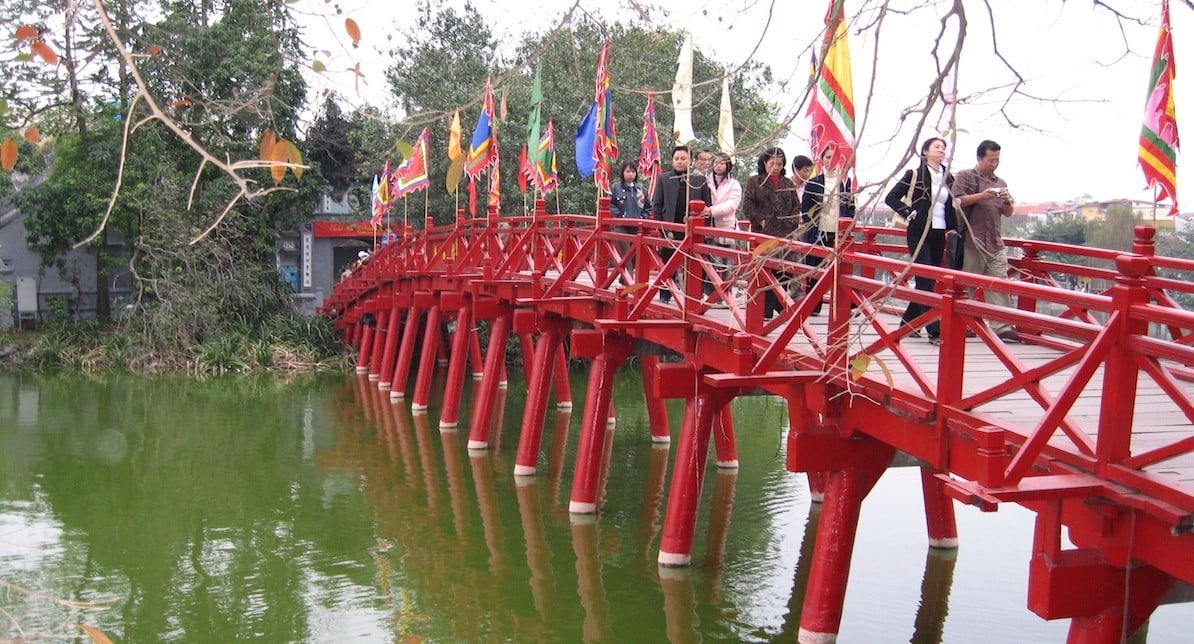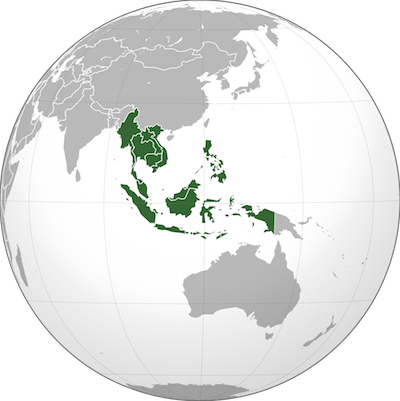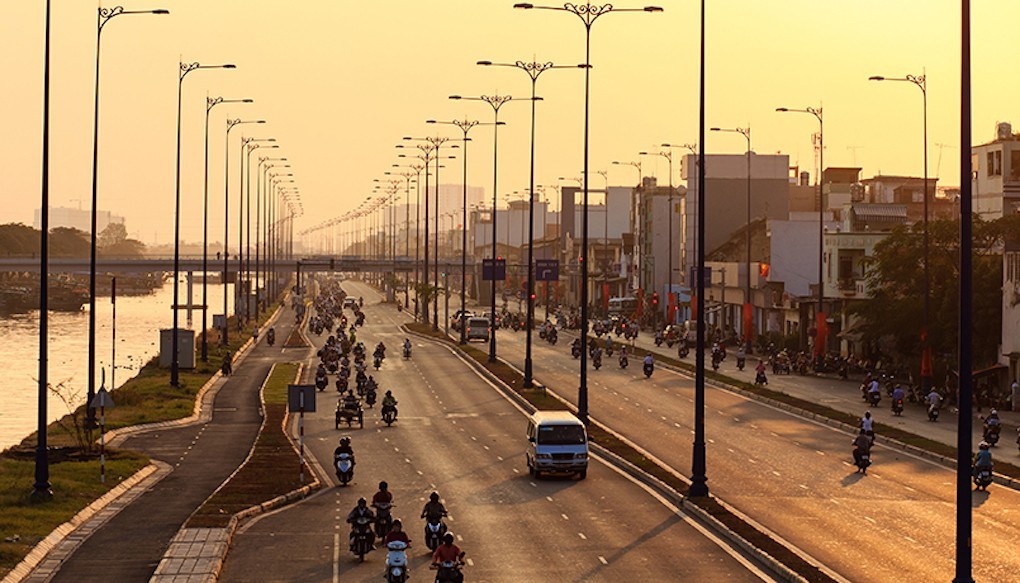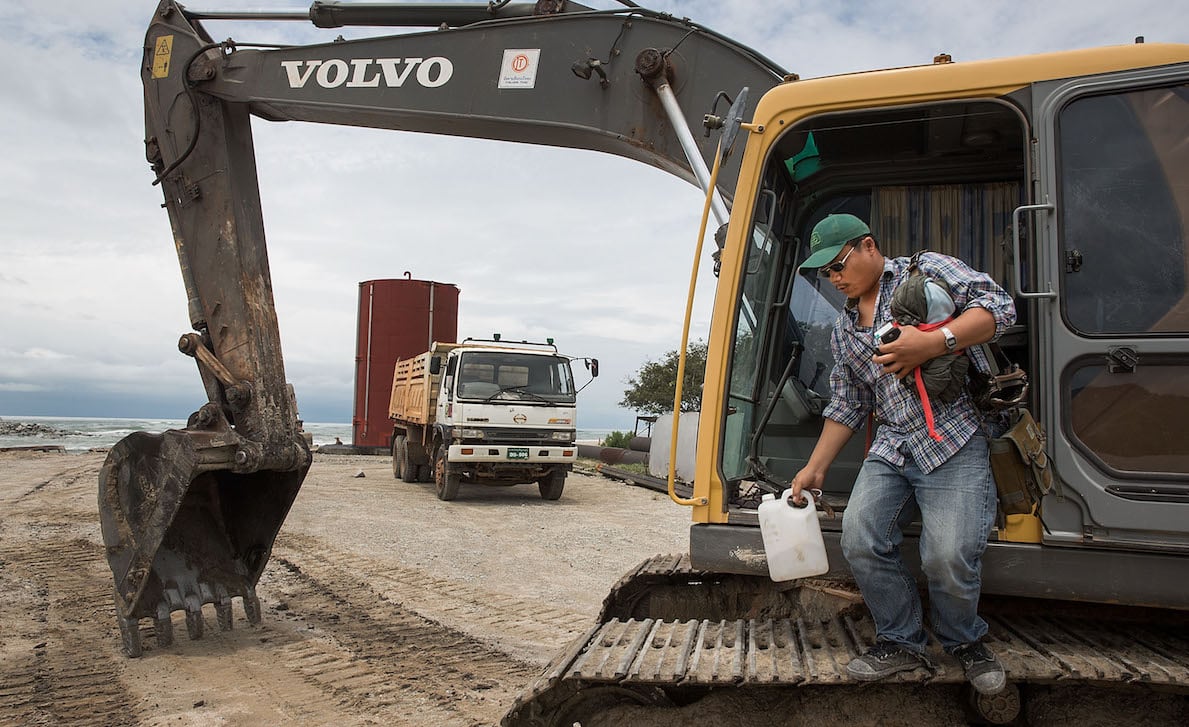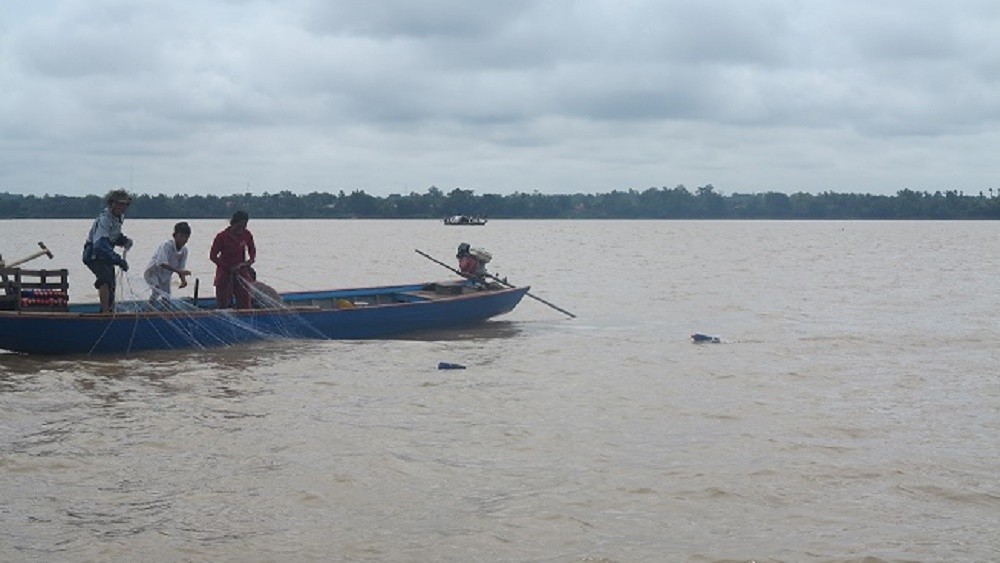The real sign of development and democracy is how a country respects, protects and promotes freedoms and human rights. The biggest challenge of our times is the increasing gap between the promises and performance of states and governments in relation to the protection of the freedoms and human rights of their people. This is most evident in many countries in Asia, with the shrinking of freedom and democratic spaces resulting in increasing attacks on human rights defenders.
Category: ASEAN
The media’s role in telling environmental stories
Journalists have the unique ability to help accelerate climate action through advocacy and education, but their potential to help achieve the global climate goals agreed in Paris last year still remains largely untapped, said media and environmental experts in Singapore.
Speaking at the inaugural Asian Environmental Journalists Forum, organised by non-profit Singapore Environment Council and media organisation Eco-Business, panellists said that shrinking budgets, a lack of public interest and the ever increasing complexity and geographical scope of climate issues are just some of the challenges that journalists face when trying to report on environmental issues today.
Vietnam playing ‘key Mekong sub-region role’
VIETNAM has been making practical contributions to turning the Mekong sub-region into a dynamic and prosperous economic area via two crucial cooperation frameworks. That is according to the country’s Deputy Prime Minister and Foreign Minister Pham Binh Minh, who spoke before meetings of those cooperations, the 8th Cambodia-Laos-Myanmar-Vietnam Summit (CLMV-8) and the 7th Ayeyawady-Chao Phraya-Mekong Economic Coopera-tion Strategy Summit (ACMECS-7) which will be held in Hanoi on October 25 and 26.
Lending loopholes expose World Bank to indirectly financing ‘coal boom’ in Asia
The lending arm of the World Bank is providing loans to institutions that finance the development of coal-based power projects, according to a new report. The projects not only pose an environmental risk to the planet, locally they destroy homes and displace communities. The loans subvert strong warnings from the head of the World Bank that expanding coal in Asia is a dangerous proposition.
Asia: Heading towards a seismic shift
In a decade’s time, visitors to Asean, South and North Asia may find their personal experiences in their respective destinations differ quite drastically.
Each Asian nation is busy operating at its own pace, plotting a new stage of economic development and growth – despite ongoing global economic uncertainty.
In the process of this seismic shift, some countries have chosen to work in partnerships while others are tackling the challenges alone. All of them reflect Asia’s unique aspiration to take on global competitive pressure. Some nations aim to get out of the middle-income trap, while others want to secure a higher standard of living for their people.
Myanmar likely to join Asean Power Grid
MYANMAR is likely to be the fifth Asean country to sign up for the Asean Power Grid formed by Laos, Thailand, Malaysia and Singapore, energy ministers have said.
“We had long discussions with our Myanmar counterparts,” said Laos Vice Minister for Energy and Mines Viraphonh Vilavong. “They are keen to join. I expect that to be quite soon.”
Viraphonh on Thursday signed a memorandum of understanding (MoU) with Thai Energy Minister General Anantaporn Kanjanarat and Malaysian counterpart Johnity Ongkili that would allow the transportation of electricity.
Making Inroads: Chinese Infrastructure Investment in ASEAN and Beyond
Inclusive Development International (IDI) released Making Inroads: Chinese Infrastructure Investment in ASEAN and Beyond, its new report that seeks to shed light on the rapidly changing landscape of infrastructure finance in the region which has been driven by China.
Into the Zone: SEZs in the Mekong Region, Income…or Instability? (Part 2)
While neighboring Thailand’s Special Economic Zones are now progressing without much public consultation or review, Myanmar may be moving in the opposite direction. Its three SEZs which were launched in the waning years of the junta, are now under the direction of the civilian government fully aware of concerns raised by communities and independent researchers, and inclined to take stock of what their predecessors set in motion. At issue are a whole range of social and environmental grievances, as well as the viability of the projects themselves and to what extent they reflect the new leadership’s priorities.
Cambodia Pushing for More Benefits From Mekong Integration
The government is seeking to develop ways of increasing the benefit felt by Cambodia from economic corridors opened throughout the Greater Mekong Subregion as part of Asean integration, an official has said.
Sok Chenda Sophea, secretary general of the Council for the Development of Cambodia, told reporters after a meeting of ministers from countries in the region held on Thursday that the government had developed a strategy to remain competitive.
Rough Waters of Lower Sesan II Dam
According to the Vietnam River Network, Lower Sesan II dam in Cambodia will affected both environmental and social aspects, not only around the project site but also from the upstream Sesan River to downstream at the Sekong River, Tonle Sap, Vietnam Mekong Delta region and also some parts of Laos and Thailand. However the Environmental Impact Assessment (EIA) report for this project only refers some affects around the dam and the transboundary impacts were not mentioned in EIA report.


